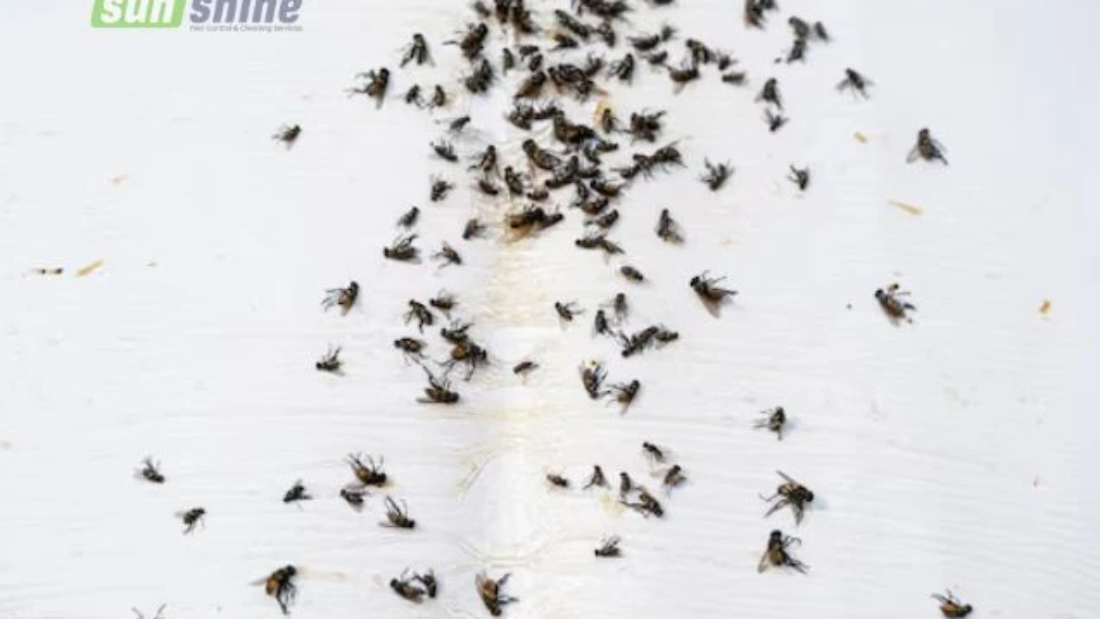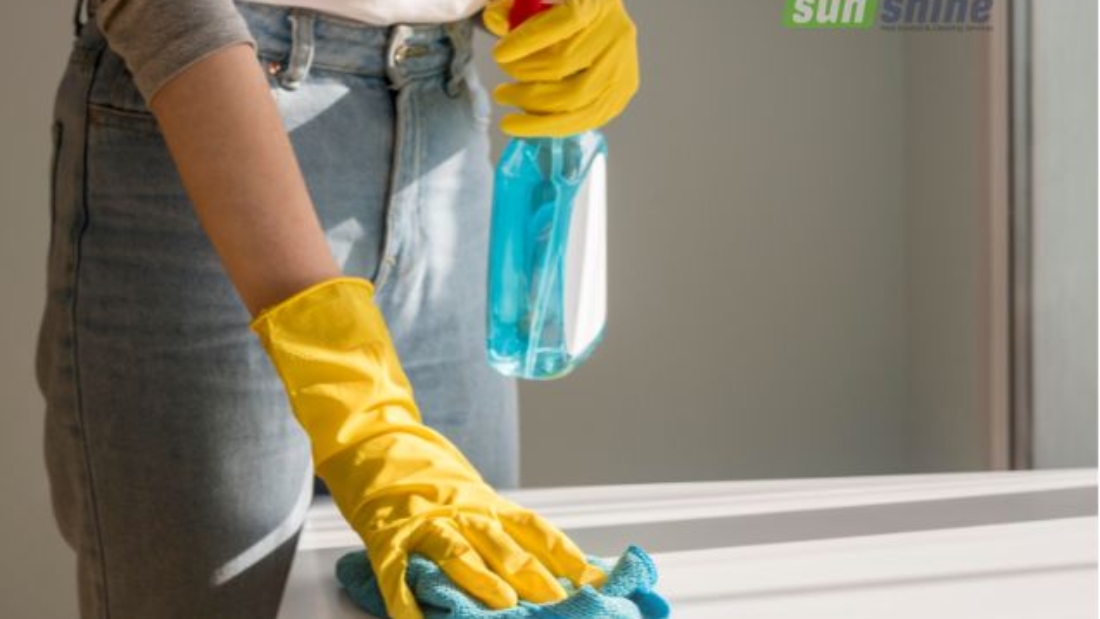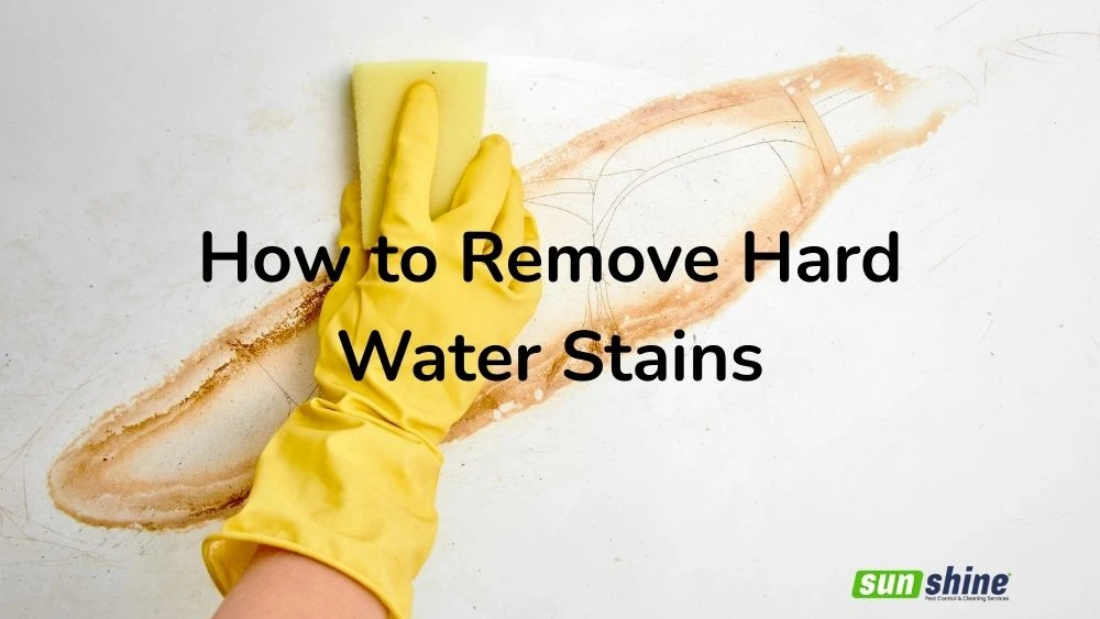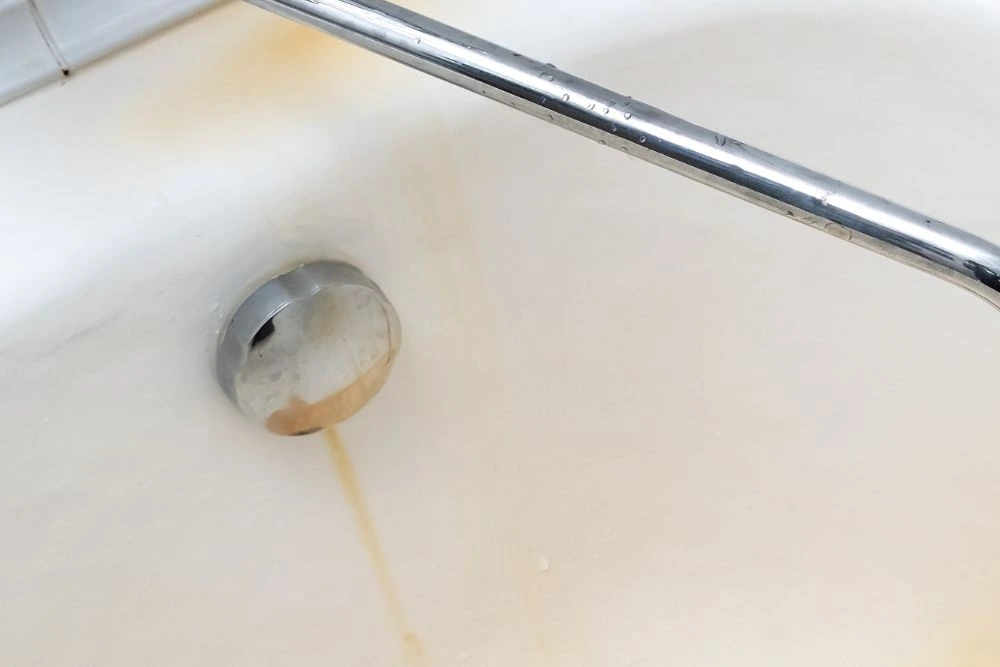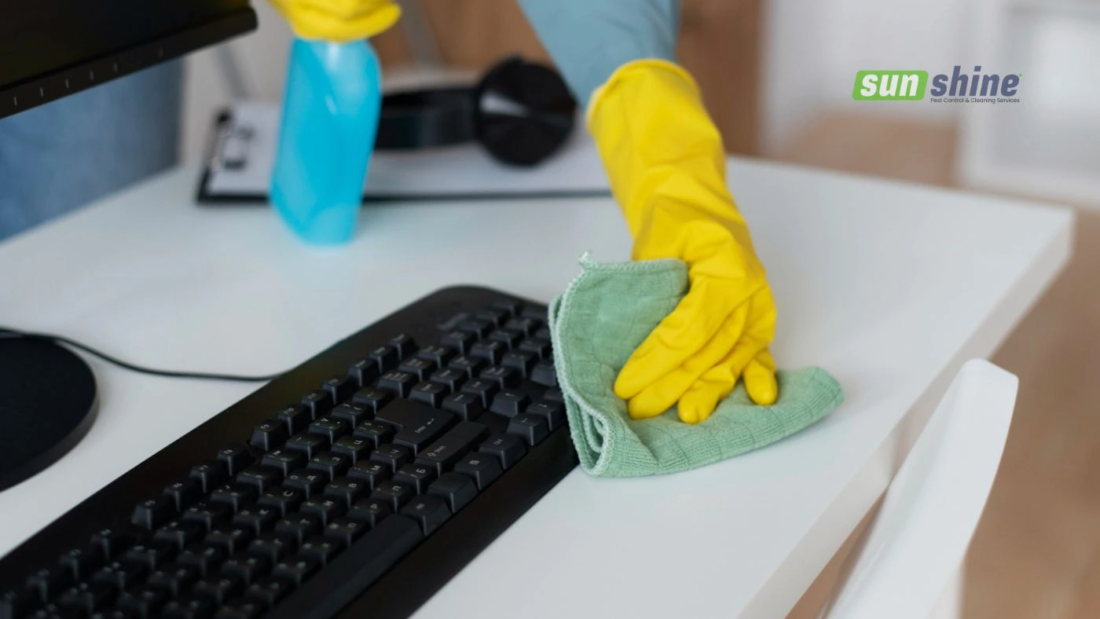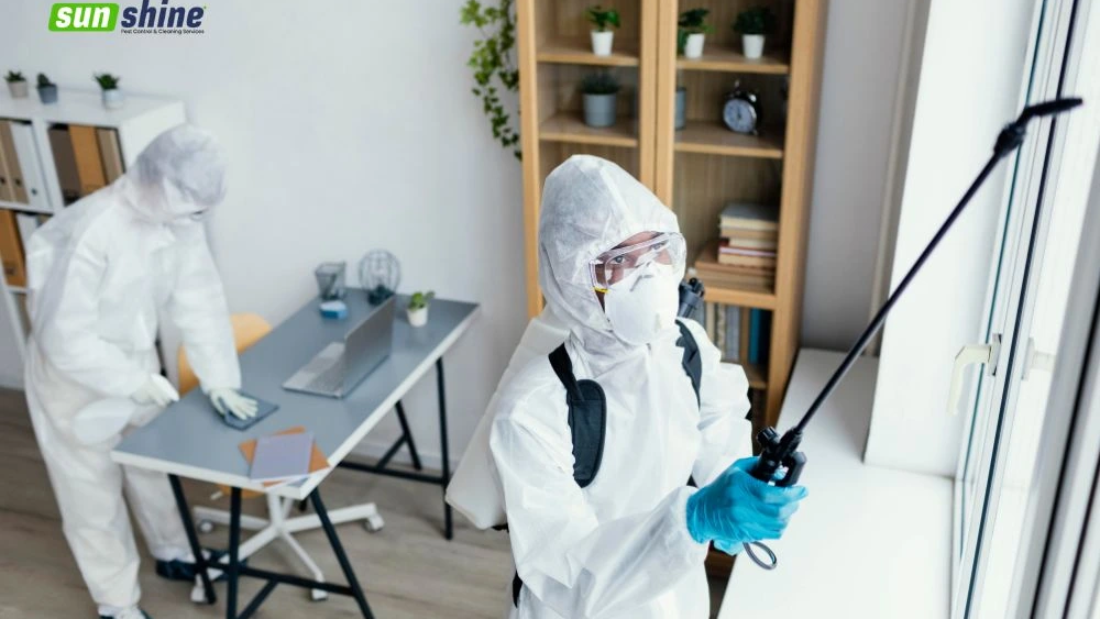Flies may seem like a minor nuisance, but they can quickly become a serious problem in households. Apart from being annoying with their constant buzzing, flies are carriers of harmful bacteria and pathogens that can contaminate food, surfaces, and even cause diseases. Keeping them out of your living space is essential for maintaining a healthy and hygienic environment. This guide covers everything you need to know about fly control for the house, including why flies are a threat, preventive measures, and effective solutions.
Why Flies Are a Problem at Home
Flies are more than simply annoying insects; they can seriously harm your health. Common houseflies can spread diseases like food poisoning, diarrhoea, typhoid, and cholera. They pick up germs from garbage, drains, and decaying matter, then transfer them to food and surfaces in your home. A single fly can carry hundreds of harmful microorganisms, making control and prevention crucial. So you can hire a company for home cleaning services in Riyadh to keep home always fresh.
Common Causes of Fly Infestation
To tackle flies effectively, it’s important to understand why they invade homes. Some of the most common reasons include:
- Uncovered food and drinks – Flies are attracted to sweet or decaying substances.
- Garbage buildup – Overflowing bins and unsealed trash attract flies quickly.
- Dirty drains or sinks – Moisture and organic waste provide perfect breeding grounds.
- Pet waste – Animal droppings can also be a strong attractant.
- Standing water – Puddles or stagnant water create an ideal environment for flies.
Effective Fly Control Methods for the House
1. Maintain Proper Hygiene
Maintaining cleanliness is the primary line of defence against flies. Wipe kitchen counters regularly, cover food, and wash dishes promptly. Make sure the garbage cans have tight-fitting lids and empty them every day.
2. Seal Entry Points
Frequently, flies enter through gaps, doors, or open windows. Installing mesh screens, sealing gaps, and using door sweeps can minimize their entry.
3. Use Natural Fly Repellents
Certain scents and plants naturally repel flies. Consider using:
- Lemon and cloves
- Basil, mint, or lavender plants
- Essential oils like eucalyptus or peppermint
These not only deter flies but also make your home smell fresh.
4. Fly Traps and Sticky Strips
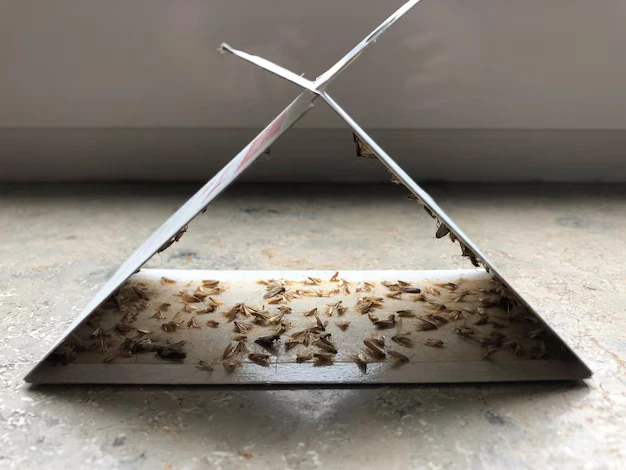
Homemade sugar-water traps, vinegar traps, or ready-made sticky fly strips can help reduce their numbers inside the house.
5. Professional Fly Control Services
When infestations get out of hand, hiring a professional pest control service ensures long-lasting results. Experts can identify breeding areas and apply safe treatments to eliminate flies effectively.
With Sunshine Pest Control and Cleaning Services, keeping your home pest-free becomes effortless. Our expert team uses safe, effective treatments to eliminate pests while ensuring a clean and healthy environment. Regular maintenance with Sunshine helps protect your home from infestations, giving you lasting peace of mind.
Preventing Flies in the Long Term
Saudi Arabia is home to several types of flies that often invade households. The most common are house flies, known for contaminating food and spreading bacteria. Fruit flies are also widespread, attracted to overripe fruits and sugary spills. In rural and desert areas, sand flies can be found, and they are particularly concerning as they are known carriers of diseases like leishmaniasis. Understanding these fly types is the first step in protecting homes and families from the health risks they bring.
Prevention is just as important as treatment. Here are some habits that help keep flies away for good:
- Keep windows and doors closed when not in use.
- Clean drains regularly with disinfectant.
- Store food in airtight containers.
- Maintain outdoor cleanliness, especially in gardens or patios.
- Schedule regular pest control inspections. For this, you can seek help from a pest control company.
Final Thoughts
Flies may be small, but the problems they cause are significant. By following proper hygiene practices, using natural repellents, and seeking professional help when necessary, you can create a fly-free, healthy living space for your family. Taking action against flies today ensures better health, comfort, and peace of mind tomorrow.


